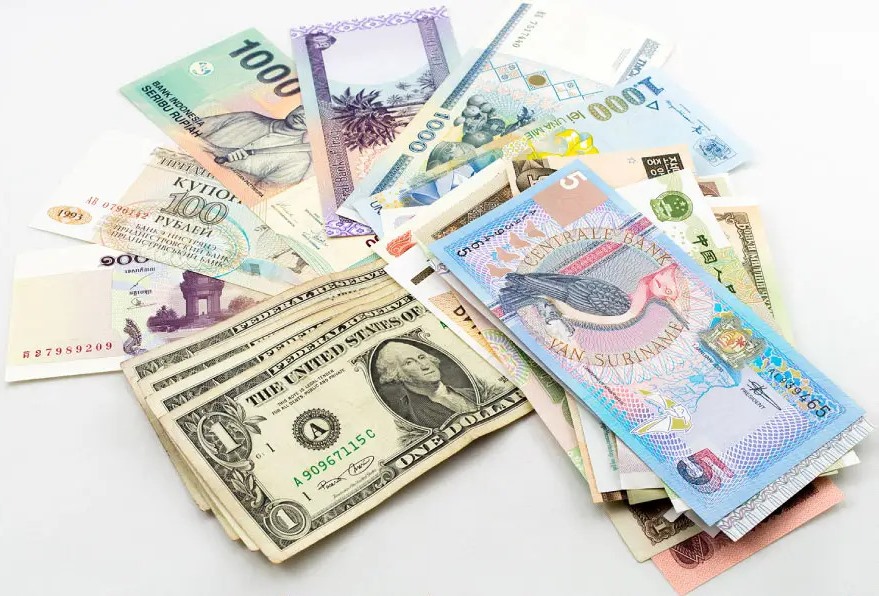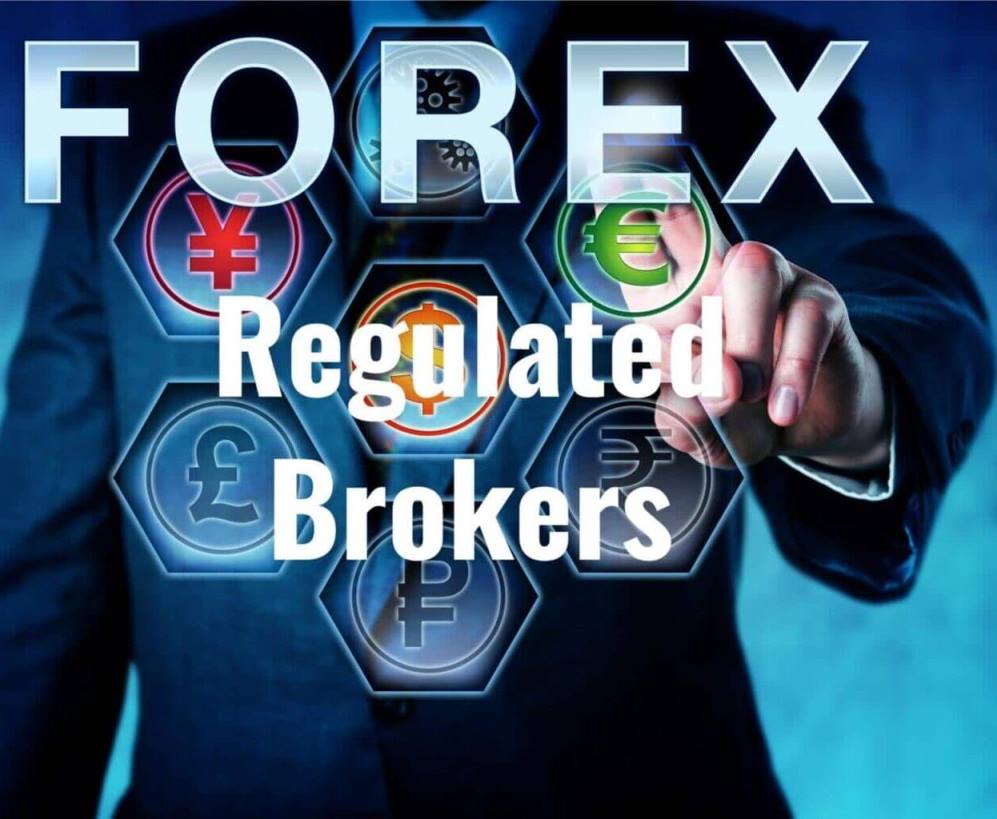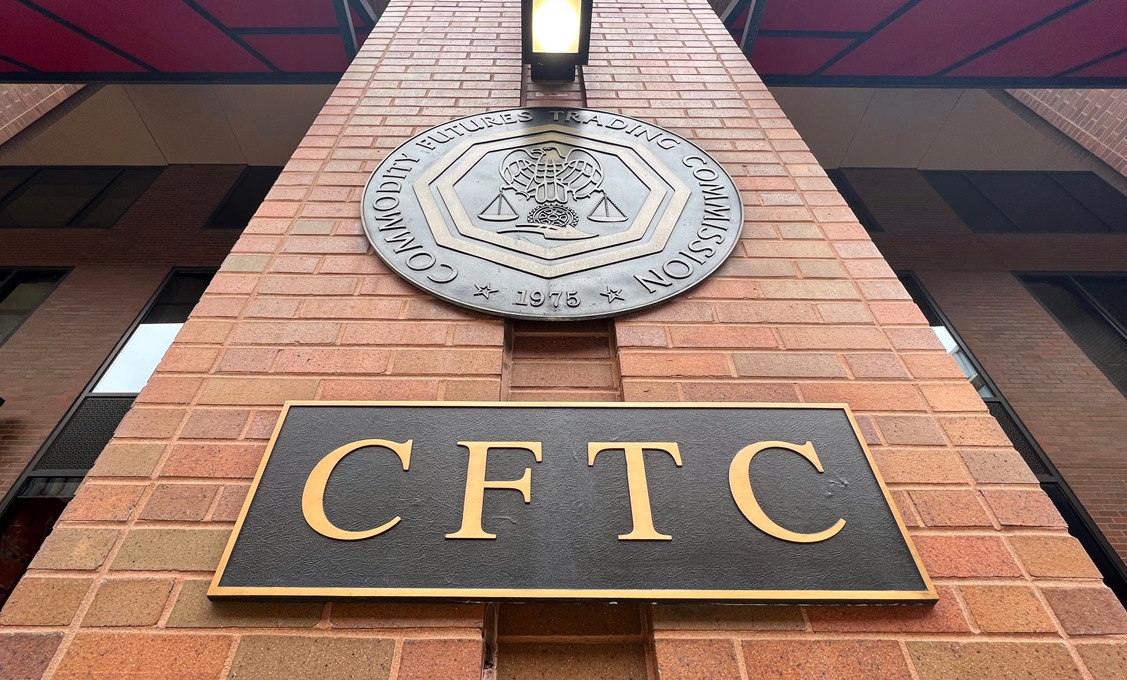
Forex trading license
In the dynamic world of forex trading, a license is an essential tool that legally sanctions the business of buying, selling, and exchanging currencies. The acquisition of a forex trading license offers numerous advantages, from enhancing credibility to providing investor protection.
The Importance of Forex Trading Licenses
A forex trading license serves as a testament to a broker’s compliance with industry regulations, ensuring they adhere to fair trading practices and offering a level of trust and security to clients. In a landscape filled with scams, a crypto license is a sign of legitimacy.
Differentiating Between Regulated and Non-regulated Forex Brokers
Regulated Forex Brokers
Regulated forex brokers operate under the stringent guidelines of a regulatory body. They provide transparency in their operations, uphold high ethical standards, and provide a level of security to traders.
Non-regulated Forex Brokers
In contrast, non-regulated forex brokers do not answer to any regulatory authority. While they might offer lucrative trading conditions, the lack of oversight can lead to unfair trading practices.


A Look at Top Forex Regulatory Bodies
U.S. Commodity Futures Trading Commission (CFTC)
The CFTC is a highly regarded regulatory body, known for its stringent requirements and strict regulatory oversight in the U.S forex market.
The Financial Conduct Authority (FCA) – UK
The FCA is a respected regulatory body in the UK, known for its robust framework in ensuring market integrity and protecting consumers.
Cyprus Securities and Exchange Commission (CySEC)
CySEC is a key player in forex regulation, offering a favorable environment for forex businesses within and beyond Cyprus.
c
Steps to Acquire a Forex Trading License
Determine Jurisdiction
The first step involves selecting the appropriate jurisdiction that aligns with the broker’s business model and financial capabilities.
Application Process
This stage involves submitting necessary documents, including business plans, anti-money laundering policies, and fit and proper tests for key individuals.
Operational Requirements
Post-licensing, brokers must adhere to specific operational requirements, such as maintaining a minimum capital requirement and regularly auditing their financials.
Cost of Getting a Forex Trading License
The cost varies greatly based on the chosen jurisdiction and the complexity of the application process.
Time-frame to Obtain a Forex Trading License
The time-frame is subject to the regulatory body’s approval process, usually ranging from a few months to over a year.
Free
Guarantee
24/7
Support
Quality

Benefits of Holding a Forex Trading License
Benefits include increased credibility, access to banking services, and protection from legal disputes.
Pitfalls of Not Having a Forex Trading License
The drawbacks range from diminished client trust to potential legal consequences.
How a Forex Trading License Affects Traders
For traders, dealing with a licensed broker brings a sense of security and assurance that their investments are safe.
The Role of a Forex Trading License in Protecting Market Integrity
By enforcing regulatory standards, forex licenses help protect the market from fraudulent activities, thereby preserving its integrity.
Navigating Forex Regulation Challenges
With evolving financial landscapes, staying on top of regulatory changes can be a challenge but is paramount for licensed forex brokers.
Case Studies: Successful Forex Companies with Trading Licenses
Examining successful forex companies that hold trading licenses can provide insights into the practical advantages of regulation.
The Future of Forex Trading Licenses
In an ever-evolving financial world, the future of forex trading licenses points towards tighter regulations and increased transparency.
Obtaining a forex trading license is a crucial step in establishing a reputable forex brokerage. It assures clients of the broker’s credibility, protects against legal disputes, and ultimately, paves the way for a successful forex venture.
FAQs
Why is a forex trading license important?
A forex trading license is essential to ensure brokers comply with regulations, engage in fair trading practices, and provide security to their clients.
What’s the difference between regulated and non-regulated forex brokers?
Regulated forex brokers operate under the guidelines of a regulatory body, providing transparency and security to traders. Non-regulated brokers do not answer to a regulatory authority, potentially leading to unfair trading practices.
What are the steps to acquire a forex trading license?
The steps include determining the appropriate jurisdiction, undergoing the application process, and adhering to operational requirements post-licensing.
What are the benefits of having a forex trading license?
Benefits include enhanced credibility, protection against legal disputes, and access to banking services.
What is the future of forex trading licenses?
The future of forex trading licenses is likely to see tighter regulations and increased transparency, aligning with the evolving financial landscapes.
